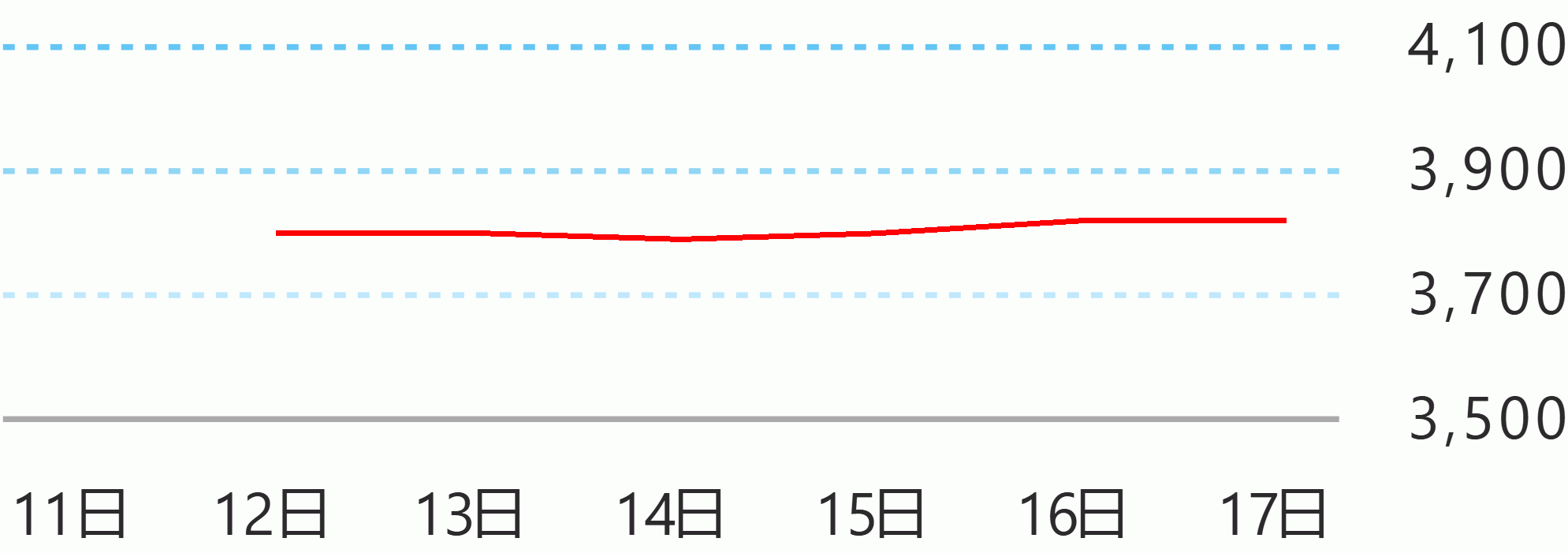In a decision penned by Senior Associate Justice Marvic Leonen, the Supreme Court en banc denied the consolidated petitions for certiorari and prohibition filed by Initiatives for Dialogue and Empowerment through Alternative Legal Services, Inc., (IDEALS), et al. and Fair Trade Alliance (FairTrade), et al. (collectively, petitioners) challenging the validity of the JPEPA.
The JPEPA is a comprehensive agreement aimed at increasing trade and investment opportunities between Japan and the Philippines and strengthening economic relations between the two countries by encouraging a freer transborder flow of goods, services, and capital.
In 2006, then President Gloria Macapagal-Arroyo and then Japanese Prime Minister Junichiro Koizumi signed the JPEPA in Helsinki, Finland.
In 2008, the Senate concurred with the JPEPA’s ratification.
Two petitions were then filed before the Court assailing the JPEPA. The first petition, filed by IDEALS, et al., claims, among others, that the JPEPA violates the people’s right to health and to a balanced ecology under the Constitution, along with other laws and international commitments, by allowing the indiscriminate importation of toxic and hazardous wastes into the Philippines.
The second petition, filed by FairTrade, et al., argues that the JPEPA violates the constitutional provisions reserving certain sectors of economic activities to Filipino citizens and specific juridical entities. The petition further claims that the Philippines’ commitments under the JPEPA, specifically to give Japanese investors national treatment, among others, violate the Constitution and numerous Philippine laws imposing nationality requirements.
The second petition also asserts there is a gross imbalance in the parties’ agreement on tariff concessions, making the JPEPA an inequitable agreement that grossly disadvantages the Philippines while greatly favoring Japan.
In denying the petitions, the Court ruled that the JPEPA does not facilitate the indiscriminate importation of hazardous and toxic wastes in the Philippines.
The JPEPA acknowledges that the parties are entitled to adopt and implement policies necessary to protect the health of their people and the environment. The JPEPA also reaffirms the Philippines’ and Japan’s rights and obligations under the Basel Convention on the Control of Transboundary Movements of Hazardous Wastes and Their Disposal.
The Court further ruled that the JPEPA, which includes an Annex listing the measures that Japan and the Philippines excluded from the coverage of their commitments, sufficiently protects the constitutional mandate on both ownership and exploration, development, and utilization of natural resources. The same measures embody the mandate of ensuring the protection and conservation of our national economy and patrimony.
The Court also held that while the Philippines committed to grant market access through commercial presence to certain public utility sectors, this commitment is subject to the limitation on ownership of public utilities by foreign entities imposed under Article XII, Section 11 of the Constitution.
Neither does the JPEPA violate the constitutional restriction to Filipino citizens of the practice of profession, as adequate reservations have been made in the Agreement both for market access and national treatment, held the Court.
With these limitations stated in the JPEPA, the Philippines and Japan are mandated to ensure that the constitutional restrictions on foreign equity participation shall always be followed, particularly when services are supplied through commercial presence.
As to the wisdom of the decision to reduce or eliminate tariff duties on some Philippine tariff lines, the Court ruled that this is a matter of foreign relations, over which the Constitution has given authority to the political branches.
The authority to manage the country’s external affairs and shape foreign policy, which includes the power to negotiate and enter into treaties, is solely bestowed on the President, who represents the country in all external relations, stressed the Court. Supreme Court Public Information Office




 English
English










